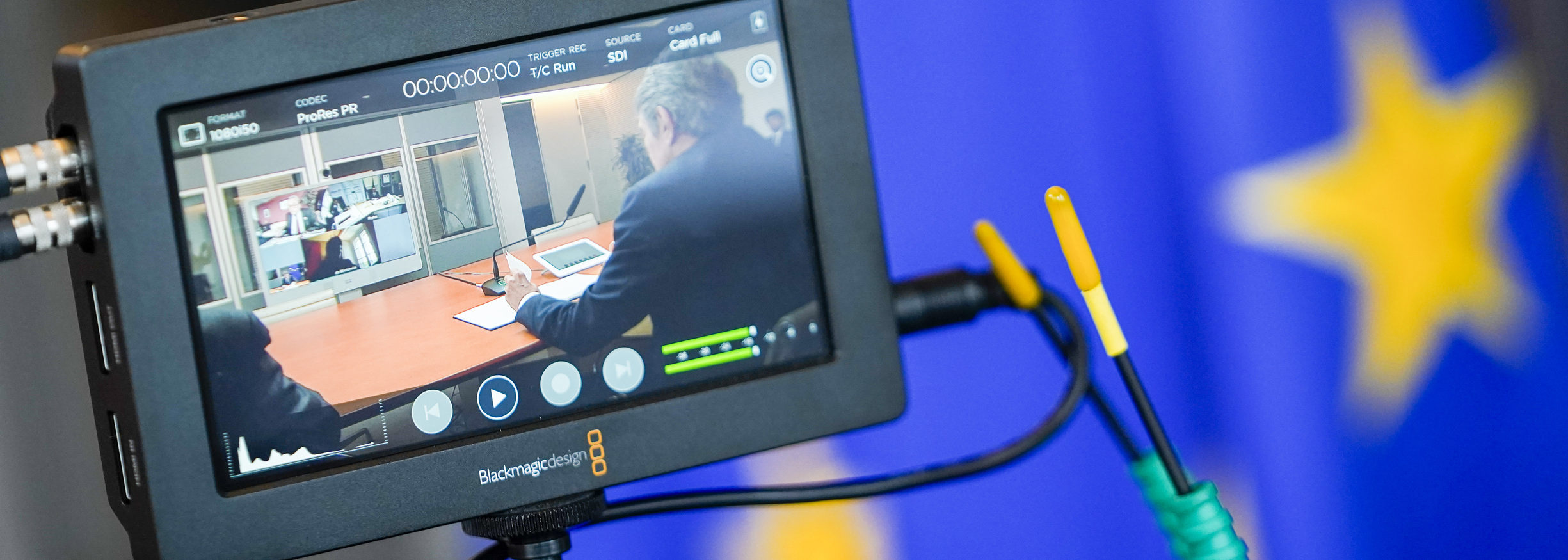Current project: Environmental Peacemaking in the Liptako-Gourma
02/08/2022
Improving peacemaking approaches in the Liptako-Gourma by addressing environmental, natural resource- and climate change-related drivers of conflict
This project, implemented in 2022-23 by the European Institute of Peace and TrustWorks Global with the support of the Directorate of Defence of Luxembourg, aims to support peace initiatives in the Liptako-Gourma area between Burkina Faso, Mali, and Niger to address the environmental and natural resource-related drivers of conflict.
The Liptako-Gourma region, which straddles the borders of Mali, Burkina Faso, and Niger, is experiencing an extended period of violent conflict, the result of a complex political, economic and security governance crisis, which is being compounded by climatic variability, competition over scarce resources, and demographic pressure.
Since 2015, violence has spread from northern Mali into Burkina Faso and Niger. As the activities of armed groups have proliferated, national governments and the international community have often relied on militarised, counter-terrorism approaches.
However, the deep-rooted insecurity in the region is also the result of poor governance, demographic pressures, widespread poverty, climatic variability, and competition over natural resources. These are fueling the proliferation of armed groups and the rise in violent conflict that, in turn, is creating new obstacles to sustainable peace in the Sahel.
Years of land clearing and unsustainable farming practices have resulted in widespread desertification across the region. For instance, in Burkina Faso, one-third (over 9 million hectares) of productive land has been degraded. Meanwhile, the Sahel region is highly exposed to climate change. It is likely to become hotter and experience increased, but erratic, rainfall. With Sahelian temperatures rising 1.5 times faster than the global average, the population is likely to experience more unpredictable livelihoods and increased food insecurity.
It is important to take a holistic view of the political and security situation, how that links to the dysfunctional management of natural resources and how that, in turn, creates conflict and strains peace agreements.
This project, funded by the Directorate of Defence in the Luxembourg Ministry of Foreign Affairs aims to encourage a rethink of the approach to the conflict from an environmental peacemaking perspective.
Environmental peacemaking focuses on developing more holistic and effective approaches to the prevention and resolution of conflict by integrating an understanding of core climate change, environmental, and natural resource-related dynamics of conflict. With an appropriate analysis and the tailored support those same challenges may become entry-points for dialogue and trust-building, mutual areas for learning or an opportunity to foster collaboration around issues of shared interest.
The equitable and sustainable management of land and natural resources are essential preconditions for sustained peace and economic growth. Greater efforts are required to support local solutions, contribute to identifying peace dividends and design investments that can sustain agreements. By working with diverse local, national, regional, and international partners on the ground, the objective of this project is to inspire new ways of working that are based on solving and preventing conflicts by focusing on the needs of people, and the root causes of conflict and insecurity.
FUNDING

PROJECT ACTIVITIES
MAPPING AND GAP ANALYSIS: The project will identify how existing peace initiatives at local, national, regional, and international levels currently address land, environment, natural resource, and climate-change related issues. This will contribute to an understanding of those processes that would benefit from the inclusion of an environmental peacemaking lens in order to address the root causes of conflict.
SUPPORT TO EXISTING LOCAL PEACE INITIATIVES: The project will provide tailored support to existing peace initiatives operating at local, regional, national or international levels to enable them to better address environmental and climate change-related issues.
WORKSHOPS – KNOWLEDGE-SHARING & CAPACITY-BUILDING: The project will share knowledge among the diverse actors engaged through the project through workshops in the region and internationally that promote knowledge-sharing and facilitate capacity-building.
ENGAGEMENT WITH STAKEHOLDERS: The project will seek to encourage a rethink of the approach to peace and security in the Liptako-Gourma and engage a wide range of policy actors in the region and internationally on the lessons learned from the environmental peacemaking approach.
NEWS FROM THE PROJECT
PROJECT LEAD(S)
Albert Martinez
Programme Manager – Climate and Environmental Peacemaking Programme
European Institute of Peace
albert.martinez@cg9lzbbryk.preview.infomaniak.website
Julie Raasteen
Programme Officer, Environmental Peacemaking Programme
European Institute of Peace


COMMUNICATIONS
Paul Nolan
Public Affairs & Communications Officer
European Institute of Peace
Aurélien Laurence

